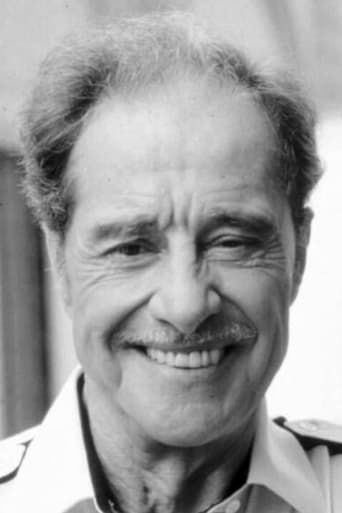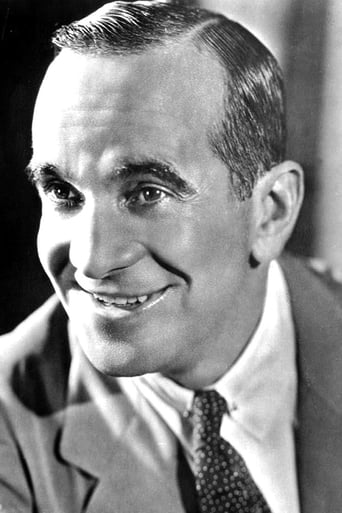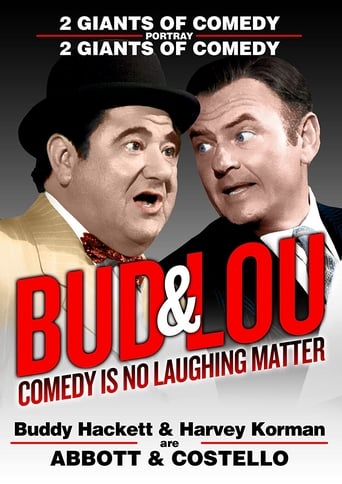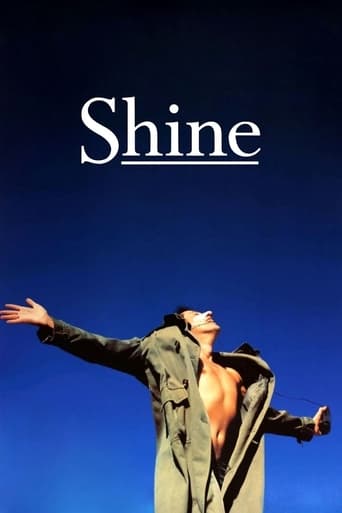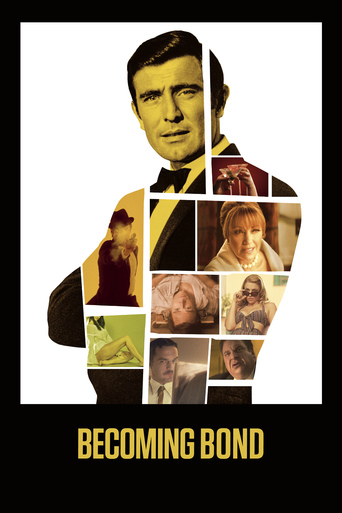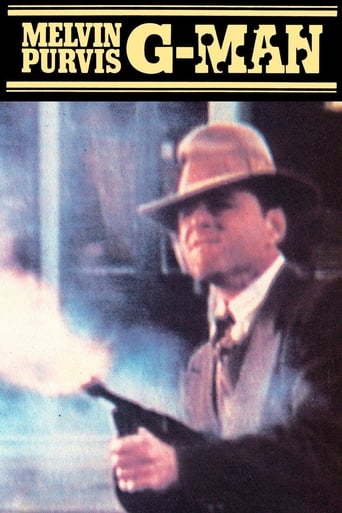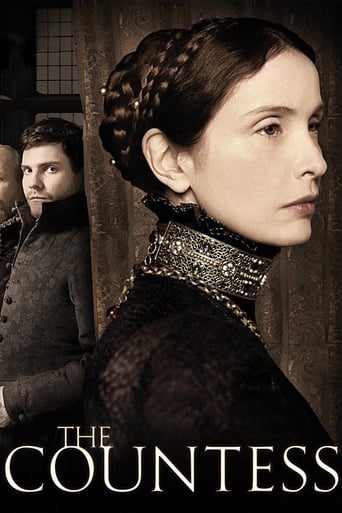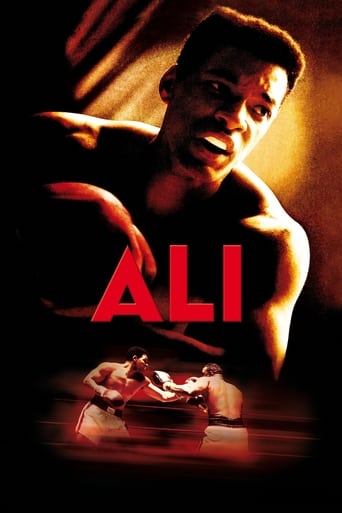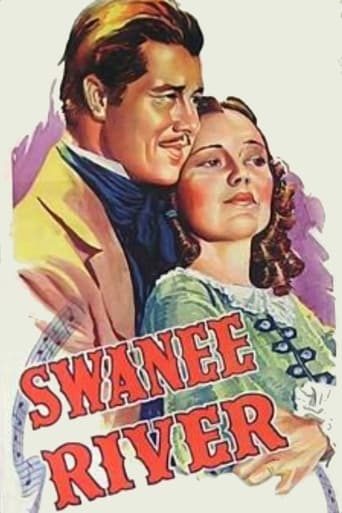

Swanee River (1939)
Swanee River is a 1940 American biopic about Stephen Foster, a songwriter from Pittsburgh who falls in love with the South, marries a Southern girl, then is accused of sympathizing when the Civil War breaks out. Typical of 20th Century Fox biopics of the time, the film is more fictional than factual biography.
Watch Trailer
Cast


Similar titles
Reviews
In this film's comment section, the one given by "theowinthrop" is particularly on the mark, and I would agree with all of its points. Being from Cincinnati, and attending four years in high school in Louisville, one of my roommates was from Bardstown, Kentucky, the locale of "My Old Kentucky Home," the state park of the same name, and "The Stephen Foster Story," one of the nation's largest outdoor (indoors if rain) dramas. This area is among America's most beautiful, and seeing it just magnifies the already giant irony of the fact that this locale, and others depicted by Foster's work, were from the pen of a man from Pittsburgh, who spent most of his time there, in Cincinnati and New York City - dying in abject poverty in the latter.Hollywood biopics about composers and musical personalities (e.g. Rodgers & Hart, Kern, Romberg, Duchin, Sousa, and a score of others) are among the most fictionalized genre in any medium. However, this one dwarfs them all. I read a brief review (I believe from Leonard Maltin) remarking that in this flick, every line of dialog seemed to spark a lyric and/or title for a new song.Jolson's inclusion is interesting to view, especially recalling that this was a time when his tremendous career had reached a point somewhat below its former level. The following years into the 1940's would see its subsequent rejuvenation, the filming of his two highly-popular biographical pictures (they may well run this one a close second for fictional aspects), and his rise to be voted top vocalist again (besting Crosby and Sinatra), only to have ill health overtake him.Seeing Ameche, who was to enjoy greater longevity than Jolson and many other contemporaries, along with Jolson, is a unique asset of this film. Enjoy this, along with the nostalgic period conveyed (and the sad history of callousness and lack of respect for those of color - both during the time of the story and filming), and the outstanding melodies which Mr. Foster created.
I am giving this film a "6" because of my fondness for Stephen Foster's melodies (and my pity for his fate), and because - whatever one thinks of his racist "blackface" act, Al Jolson was a wonderful singer. If it had been shot as a concert film of Foster's best tunes, it would have been worth an "9" or even a "10". Instead it is tied to one of those idiotic Hollywood composer biographies. It is a sub-set to Hollywood biographies, all of which have fact problems. Here it is trying to concentrate on Foster's alcoholism (a fact), but not on the business problems he confronted in his career.Foster was the first American composer of lasting merit (although his contemporary Louis Moreau Gottschalk came close). His compositions were totally composed by him (including lyrics). But he never had any business abilities, so that while tunes like "Old Folks At Home", "Beautiful Dreamer", "The Camptown Races", "I Dream of Jeannie" and "Oh Susannah" were massive popular hits, Foster got remarkably little of the profits. Added to his problems were the lack of efficient copy-write protection in the U.S. (or on the globe, for that matter) to prevent pirating of his work. He was also the first composer who tried to live on the successful profits of his compositions. Had he been frugal, and not a drinker, it just might have worked (for a few years he did prosper), but he fumbled it. His last years were spent still composing, but living as a Bowery derelict. His end is not quite the melodrama of the film - he fell in his room cutting himself (not cutting his throat). Due to his alcoholic condition weakening his body, he died a few days later in Bellevue Hospital.Don Ameche is a terrific actor, and does what he can here - but it reminds us of an extended development of his Edward Salomon (Lillian Russell's doomed composer husband) in the Russsell biography. He is talented - greatly so - but drink and ill health doom her here. No new extension of his acting range as Foster.By 1939 I wonder if there was increasing criticism by African - American groups regarding stereotyping in Hollywood. Probably not too much yet, or at least enough for the industry to take notice. Films about D.D.Emmett (DIXIE), and other films with minstrel segments in them would still appear within the next decade. It really is not until the end of the 1940s and into the 1950s that an effect of World War II is felt - a dislike for the disparate treatment of African Americans - and begins to have an impact. So the minstrel portions, historically correct (unfortunately), were totally acceptable in this film in 1939.Oddly enough, given the accidental tragedy that ends this film, the fate of E.E.Christy is overlooked. Christy apparently had a nervous breakdown in the 1860s, and threw himself out of a window. One would not know that watching Jolson's performance, based on this script.The concluding moment of this film always stuck in my craw. Tragically announcing the death of Foster at what was supposed to be the benefit to resurrect his career, Christy/Jolson announces the first performance of Foster's latest and greatest tune. He starts singing "Old Folks At Home" (renamed "Swanee River" - as in the film title), Jolson starts singing it (remember for the first time). When the music reaches the chorus, "All the world is sad and weary..." the whole audience arose and sang it's chorus lines. Remarkable example of massive psychic transference, or poor screenplay writing: I leave it to the viewer to guess which.
Proof that not every 1939 release was part of the Golden Age. It's the life and not-so-hard times of Stephen Foster (Don Ameche), who despite a heart condition and a taste for the drink manages to crank out hit after hit. This is the cliched sort of composer bio in which every key event turns out to be instant inspiration for a new ditty, and the moment an on-screen audience hears a new song it can immediately join in for a reprise and know all the words. Still, Al Jolson is sturdy as E.P. Christy, the Technicolor is ravishing, and there are several convincing recreations of minstrel show numbers...and that last fact is why you won't see this film around, no way.It's just not P.C. to show all that blackface any more, let alone the condescending approach to black people. (When Foster has ripped off "Oh Susannah" from a slave work song but is stuck on the last line, Jeannie--she of the light brown hair fame--comments that she's grown up among black music, their simple culture..."Hmmm...Here's how I think the Negroes would end it." Bingo, smash hit.) "Swanee River" is no great shakes as a movie, but it's a shame that people can't see it because of cowardice.
SWANEE RIVER (20th Century-Fox, 1939), directed by Sidney Lanfield, is the second adaptation on the life of American composer Stephen Collins Foster (1826-1864). An earlier version, titled HARMONY LANE (Mascot, 1935) starred Douglass Montgomery, and the third and last incarnation (to date) became I DREAM OF JEANNIE (Republic, 1952) with Bill Shirley as Foster. Having seen all three screen treatments at one time or another over the years, the vote goes to the 1939 version as the best of the trio. For this screen version, it stars Don Ameche as Foster, an absent-minded but good-natured struggling composer whose songs become part of American music, thanks to the encouragement of his wife, Jane (Andrea Leeds) and E.P. Christy (Al Jolson), the "world's greatest minstrel." Of course with Foster's popularity comes trials and tribulations, whether it be in his struggles for success, or due to heavy drinking leading to his failed marriage, but it is not all in vain. Even after Foster's death, his music lives on. While SWANEE RIVER is more of a fictional essay than fact, and what Hollywood bio-pic isn't, overlooking inaccuracies such as Foster's last complete composition actually being "Beautiful Dreamer" instead of "Swanee River" as the screenwriters of this story depict, the movie holds interest during its 85 minutes. Accurate in its period costumes, SWANEE RIVER is given lavish Technicolor, the charm of Andrea Leeds, and the rich singing voice of Al Jolson. Sadly for the legendary Jolson, who is in excellent form both in acting and singing (mostly in black-face), this became his last movie as a featured performer. The comedy routines for the minstrel shows, which wouldn't work as entertainment today, are lavishly staged and reproduced from that by-gone era.Of the 200 completed songs written by Foster, only a few were selected. The musical program includes: "Here Comes the Hevan Line" (sung by Negroes); "Beautiful Dreamer" (background score); "Oh, Susanna" (sung by Al Jolson); "Camptown Races," "My Old Kentucky Home" (sung by Don Ameche and Al Jolson); "Ring, Ring de Banjo," "I Dream of Jeanie With the Light Brown Hair," "Old Black Joe" and "Swanee River" (sung by Jolson).In the supporting cast are Chick Chandler as Mr. Bones; Felix Bressart as Henry Kleber; George Reed as Old Joe; Diane Fisher as the Foster daughter, Marion; and The Hall-Johnson Choir.Don Ameche is believable as Stephen Foster, but even today, this life story of Foster is overshadowed by his earlier and most famous role in 1939's THE STORY OF Alexander GRAHAM BELL. Out of circulation for quite some time, if SWANEE RIVER should ever resurface again on any cable channel, chances are it won't be from American Movie Classics, where it was once scheduled and pulled in 1991, but possibly on the Fox Movie Channel during the early morning hours. For now, SWANEE RIVER, available on DVD, lives in the memory of those fortunate to have seen it many years ago. (***1/2)


